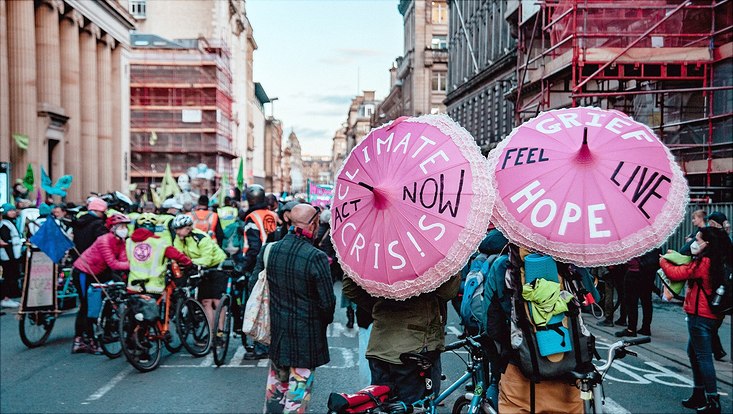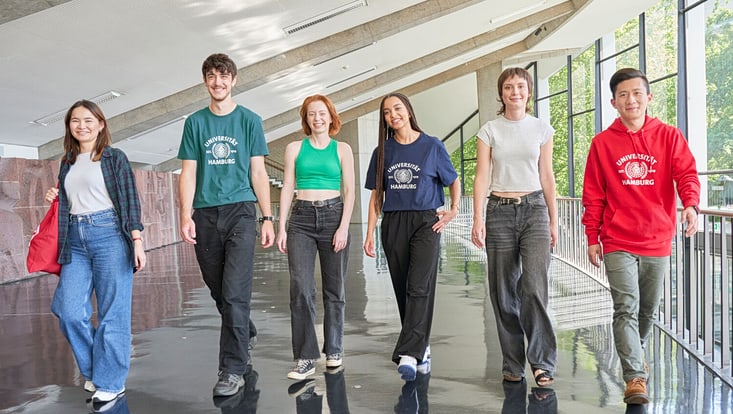and Society (CLICCS)
Involving Climate Initiatives
18 October 2022, by Julika Dörffer

Photo: Unsplash/William Gibson
Prof. Stefan Aykut has been studying UN Climate Change Conferences (COPs) since 2008. In 2021, the sociologist traveled to Glasgow with seven colleagues to examine the political and social dynamics on site. At a conference with 40,000 participants, a lot happens at the same time. The team documented what went on in different areas, using common methodological standards.
“Today, the COPs involve more than just negotiations between countries,” Aykut summarizes. “Activities by companies, cities and social movements are also important.”
Glasgow was the first COP after the main dispositions of the Paris Agreement entered into force, and it was focused on implementing its goals. Alongside country submissions, we saw sectoral initiatives by private and subnational actors. Such initiatives can be important drivers of implementation, and climate conferences offer a variety of opportunities for networking and initiating concrete measures. Nevertheless, implementation still lags behind. The challenge is to formalize these initiatives and make sure they live up to their promises.
In the negotiations, country delegates discussed how to shape a fair transition to a low-CO2 society. The countries of the Global South face droughts, flooding and other extreme events, and require financial support to adapt, compensate for climate-related losses and adopt climate-friendly development pathways. At the COP 27 in Egypt this November, which will take place in a very difficult geopolitical context, these topics will once again head the agenda.
To the Paper
CLICCS Quarterly
The article was published in CLICCS Quarterly, the news from the Cluster of Excellence every three month. Find full issue -> here.
Research Paper: Circles of Global Climate Governance - Power, Performance and Contestation at the UN Climate Conference COP26 in Glasgow.


